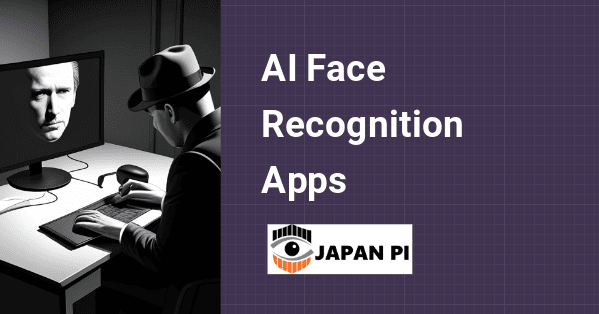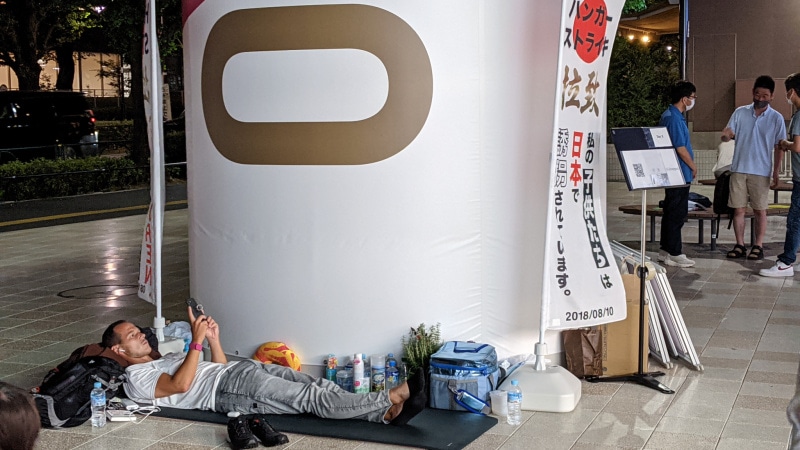According to the 2007 Ministry of Justice guidelines, “anti-social forces” are defined as “groups or individuals who pursue economic interests using violence, power, and deception.”
Do you think anti-social forces are euphemisms for yakuza or gangsters? Certainly, gangs are included, but they are more widely applied.
The companies that the gang members are involved in are also, but it also includes friends and family who know the gang. It also includes scam groups and fraudsters. This makes it difficult to define what an anti-social person is.
There are also so-called loosely-organized criminal gangs that are not gangsters. “Kantorengo 関東連合” and “Dragon 怒羅権” are relatively famous. Members who have been arrested and reported are easy to identify, but it is not easy to ascertain their involvement with semi-criminal organizations or anonymous terminal members.
Issues of the extermination ordinance of anti-social forces
Since the enforcement of the Extermination Ordinance of Anti Social Forces in 2007, it has become more challenging to check anti-social forces because they became more likely to go underground.
You want to avoid dealing with anti-social forces and getting harmed by them without your knowledge.
Countless risks can be envisioned, such as being blackmailed for grabbing a weakness or being a victim of fraud and losing money.
In addition to the risks associated with such violence, there is now also the risk of being held accountable for the fact that you have dealt with anti-social forces.
Under the extermination ordinance, companies that deal with anti-social forces are subject to penalties.
Often the case, even if the customer is an anti-social force, ordinary dealings could take place regularly.
Everyone wants to avoid dealing with anti-social forces unknowingly and later discovering it and getting penalties. Perhaps the biggest problem is that there is an irrational law that one who trades with anti-social forces is punished.
Limitations on public information
Anti-social forces and those with a history of arrest can check the public information themselves. They can ask a lawyer to remove the article, and at the request of the lawyer, the media company that published it will immediately stop listing it. At present, public information (information on the media) from past articles has become less effective.
Issues of Checks on Auti-Social Forces
* Ambiguous definition of anti-social forces
* Anti-social figures dive underground due to strengthened law
* Police and interest groups respond halfway (National Center for Removal of Criminal Organization, etc.)
* Information that can be confirmed from public information is just the tip of the iceberg
For these reasons, the problem is complicated, and it is difficult to take measures. One of the best ways to avoid risk is to check for anti-social forces.
Significance and practice of confirming whether it is an anti-social force
As mentioned earlier, uncertainty about the existence of anti-social forces means that there is currently no solution that can altogether avoid risks.
However, if a record of efforts to identify anti-social forces can be made, even if a trading partner is discovered to be an anti-social person, some responsibility may be exempted.
(*We can’t say we can avoid it with certainty).
Therefore, leaving a record of your due diligence may help you avoid some of the risks.
A concrete method
・Keep a record of self-checks.
・Become a member of the National Center for Removal of Criminal Organizations.
・Go to the police station for consultation.
・Ask the research company to save the report.
You can do a search yourself using multiple types of online media.
You can also get monthly data on anti-social forces by becoming a member of the National Center for Removal of Criminal Organizations. (*This data is based on the results of media search, but by becoming a member, you can obtain not only information but also credibility in compliance.)
If you go to the police, you will need a briefing, but they will give you the information.
Some research firms check for anti-social forces. Researcher information is not strictly absolute, but if something goes wrong, the evidence could be used to spread accountability risk.
(*Some detective companies claim to have information on anti-social people because of a link with the police. However, anti-social forces form underground organizations, making it difficult for the police to collect information.
Besides, the police cannot provide confidential investigative information to third parties. In that sense, you need to be careful whether you can blindly trust your researcher’s database and research capabilities.)
Conclusion
In conclusion, surveys on anti-social forces may not be perfect because the definition of anti-social forces is ambiguous and difficult to certify.
However, there is a risk to corporate activities if they are not done.
Japanese government agencies determine the degree of disposal based on the degree of caution leading up to the accident.
Therefore, it is essential to make the maximum effort to keep a record of your research efforts.
The fact that due diligence is enforced is a way of hedging risk if dealings with anti-social forces are later discovered, which have taken place without your knowledge.
At Japan PI, we only report on the results of the check, which clarifies the information source.
Findings that do not disclose the source of information are suspicious with regard to the reliability of the data.




